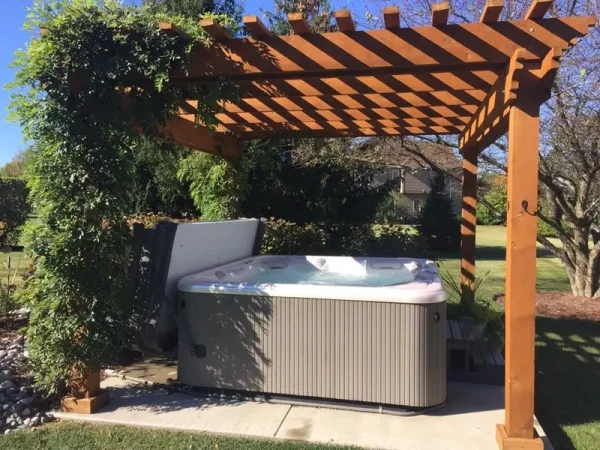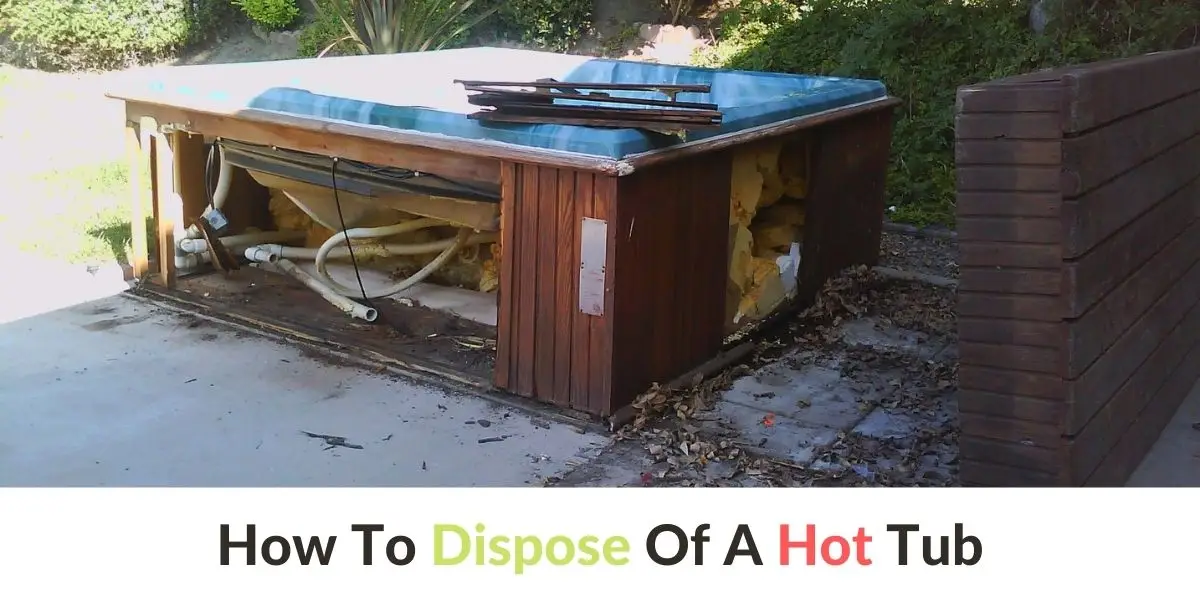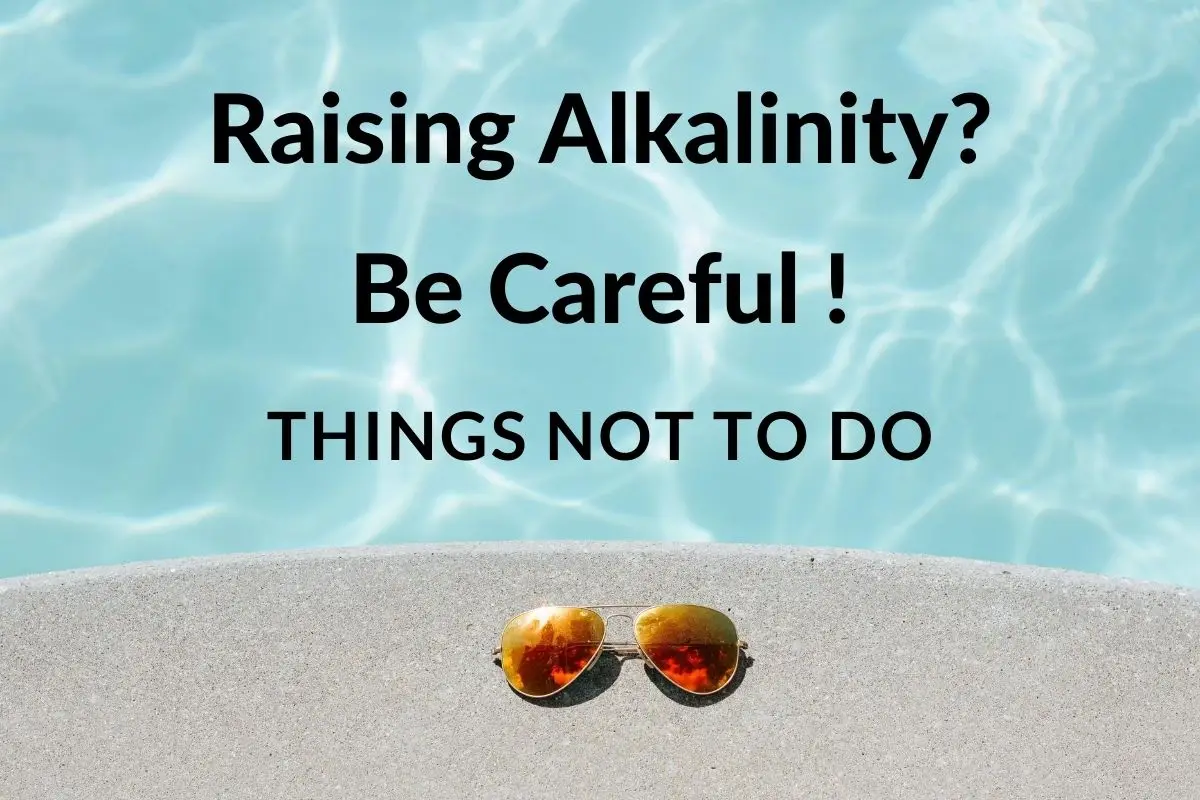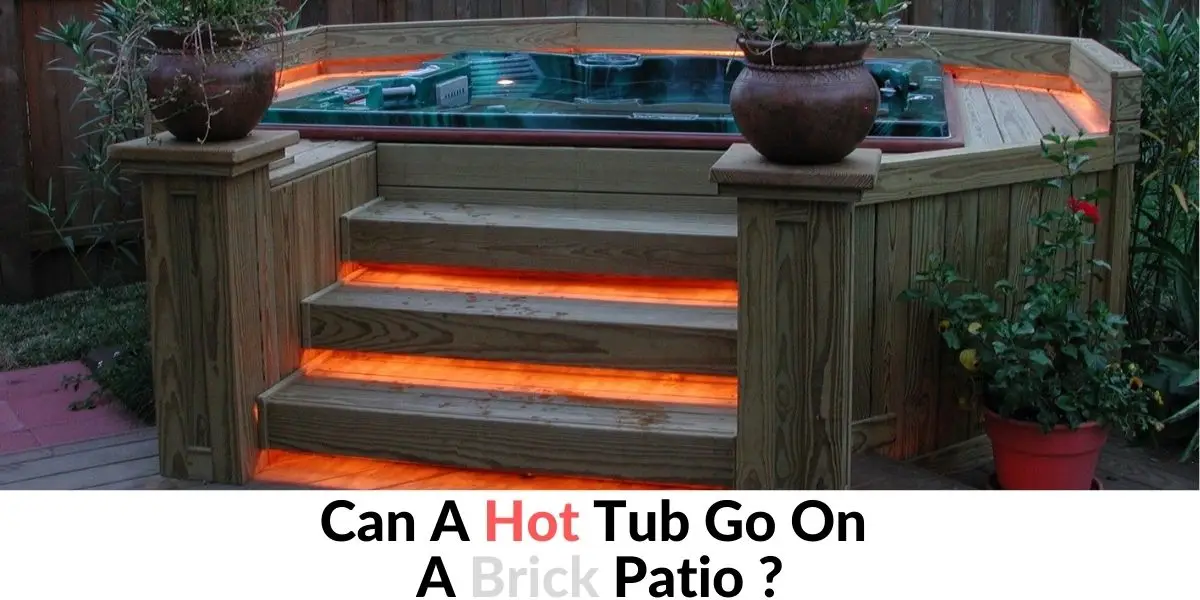Is it Cheaper to Heat a Hot Tub with Gas or Electricity?
In general, it is usually cheaper to heat a hot tub with gas rather than electric. Gas heaters are typically more efficient than electric heaters, which means that they use less energy to heat the water. This can result in lower operating costs and a lower monthly electric bill.
However, the actual cost difference between gas and electric heating will depend on a number of factors, including the cost of gas and electricity in your area, the size of the hot tub, and the efficiency of the heating system. To determine which type of heater is more cost effective for your hot tub, it’s a good idea to compare the cost of gas and electricity in your area and consider the size and efficiency of the heating system.
It’s also worth noting that gas heaters may require more upfront installation costs, as they typically need to be connected to a gas line. However, these upfront costs may be offset by lower operating costs over the long term.
Do Hot Tubs Burn a lot of Electricity?
Hot tubs can use a significant amount of electricity, especially if they are used frequently and have a large volume of water to heat. The amount of electricity used by a hot tub will depend on a number of factors, including the size of the hot tub, the efficiency of the heating system, and the temperature of the water.
As a rough estimate, you can expect a hot tub to use about 1-2 kilowatt-hours (kWh) of electricity per hour of use. This means that if you use your hot tub for 2 hours per day, it could use about 2-4 kWh of electricity per day, or about 60-120 kWh per month.
To put this in perspective, the average household in the United States uses about 901 kWh of electricity per month, according to the U.S. Energy Information Administration. This means that a hot tub could use about 6-13% of a household’s total electricity usage, depending on the factors mentioned above.
To minimize the amount of electricity used by a hot tub, you can consider using an energy-efficient model, setting the temperature wisely, and using a cover to retain heat. These steps can help to reduce the amount of energy needed to heat and maintain the water in the hot tub, which can help to lower your electric bill.
Do Hot Tubs Burn a lot of Gas ?
Hot tubs that use gas to heat the water can use a significant amount of gas, especially if they are used frequently and have a large volume of water to heat. The amount of gas used by a hot tub will depend on a number of factors, including the size of the hot tub, the efficiency of the heating system, and the temperature of the water.
As a rough estimate, you can expect a gas-heated hot tub to use about 30,000-60,000 BTUs of gas per hour of use. This will depend on the size and efficiency of the heating system and the temperature of the water.
To put this in perspective, the average household in the United States uses about 100,000-150,000 BTUs of natural gas per month, according to the U.S. Energy Information Administration. This means that a gas-heated hot tub could use about 30-60% of a household’s total natural gas usage, depending on the factors mentioned above.
To minimize the amount of gas used by a hot tub, you can consider using an energy-efficient model and setting the temperature wisely. These steps can help to reduce the amount of gas needed to heat and maintain the water in the hot tub, which can help to lower your gas bill.
There are a few things you can do to help reduce the amount of gas needed to heat and maintain the water in your hot tub:
- Choose an energy-efficient model: Look for a hot tub that has energy-saving features, such as insulation, a high-efficiency heater, and LED lighting. These features can help to reduce the amount of energy needed to heat and maintain the water in the hot tub.
- Use a cover: A hot tub cover can help to retain heat and reduce the amount of energy needed to maintain the water temperature.
- Set the temperature wisely: Set the water temperature to the lowest comfortable setting to reduce the amount of energy needed to heat the water.
- Use a timer: Set the hot tub to turn off when it is not in use to save energy.
- Use a low-flow showerhead: If you have a shower in your hot tub area, consider installing a low-flow showerhead to reduce water usage.
- Use a water-saving filtration system: Some hot tubs have filtration systems that use less water, which can help to reduce water usage and costs.
By following these tips, you can help to reduce the amount of gas needed to heat and maintain the water in your hot tub. It’s also a good idea to monitor your gas usage and compare it to your gas bill to see how changes in your hot tub usage are affecting your costs.

How Fast will Gas Heat Up Hot Tub ?
The speed at which a gas-heated hot tub will heat up will depend on a number of factors, including the size of the hot tub, the efficiency of the heating system, and the temperature of the water. Here are a few things to consider when estimating how fast a gas-heated hot tub will heat up:
- Size of the hot tub: Larger hot tubs with more water will take longer to heat up than smaller hot tubs.
- Efficiency of the heating system: More efficient heating systems will heat the water faster than less efficient systems.
- Temperature of the water: The colder the water, the longer it will take to heat up.
As a rough estimate, you can expect a gas-heated hot tub to heat up at a rate of about 2-5 degrees Fahrenheit per hour. This means that it could take about 8-20 hours to heat a hot tub from a cold start to a temperature of 100-104 degrees Fahrenheit, depending on the factors mentioned above.
It’s worth noting that these estimates are just rough estimates, and the actual time it takes to heat a hot tub may be faster or slower depending on your specific circumstances.
What is the Most Economical Temperature for a Hot Tub?
The most economical temperature for a hot tub will depend on a number of factors, including your personal preference, the size of the hot tub, and the efficiency of the heating system. Here are a few things to consider when determining the most economical temperature for your hot tub:
- Personal preference: The most comfortable temperature for a hot tub will vary from person to person. Some people prefer a warmer temperature, while others prefer a cooler temperature. To find the most comfortable and economical temperature for you, it’s a good idea to start with a lower temperature and gradually increase it until you find the temperature that is most comfortable for you.
- Size of the hot tub: Larger hot tubs with more water will take longer to heat and will require more energy to maintain a constant temperature. To save energy, consider setting the temperature of a large hot tub to a slightly lower level than you would for a smaller hot tub.
- Efficiency of the heating system: More efficient heating systems will be able to heat the water faster and maintain a constant temperature with less energy. If you have an efficient heating system, you may be able to set the temperature of your hot tub slightly higher without increasing your energy costs.
Overall, the most economical temperature for a hot tub will depend on your personal preference and the specific circumstances of your hot tub.









